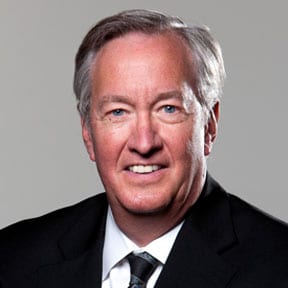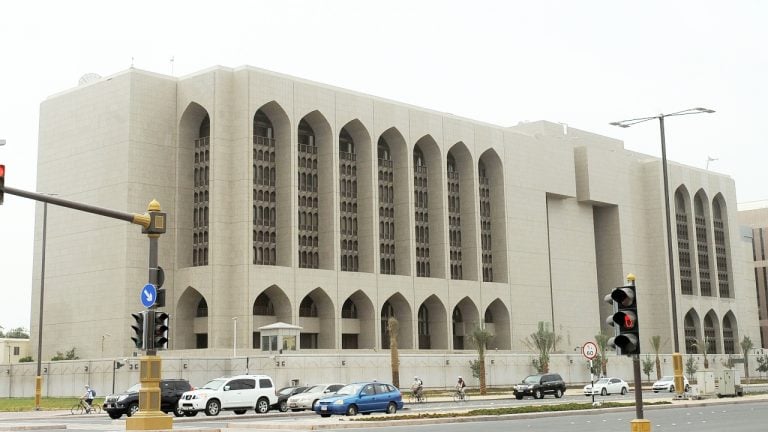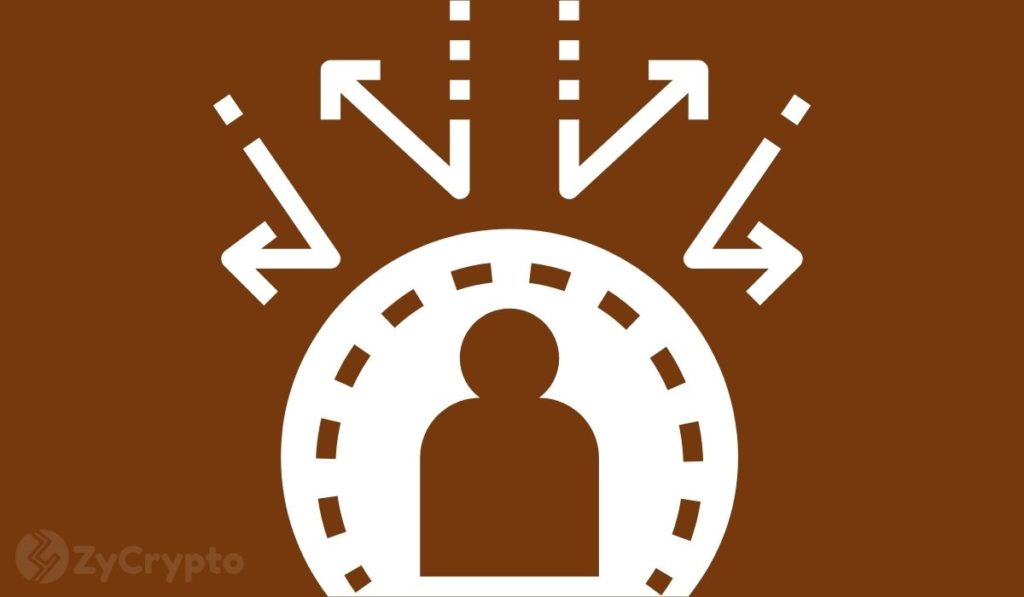2022-7-18 21:00 |
Australian central bank governor Phillip Lowe said at a G20 event that regulated private tokens could be better than Central Bank Digital Currencies.
The Hong Kong Monetary Authority Chief, who joined Lowe on a panel at the G20 event, said that regulating these private tokens is critical in addressing the risks posed by decentralized finance.
A recent Bank for International Settlements survey revealed that 90% of central banks globally were on the path to a central bank-issued digital currency. Some are still in the research phase. Some are in the pilot phase, while some have been rolled out for wholesale or retail use. Wholesale tokens are exchanged between banks, while consumers use retail tokens.
Examples of privately-issued tokens include USDT issued by Tether, USDC issued by Circle, and the Pax Dollar issued by The Paxos Trust. Issuers of private tokens must hold reserves enabling the supply of one U.S. dollar for every redeemed token.
Regulators wary about stablecoinsAfter the collapse of the TerraUSD stablecoin, regulators have become uneasy about stablecoins, especially the algorithmic variant. The Responsible Financial Innovation Act, penned by Senator Cynthia Lummis (R-Wyo) and Kirsten Gillibrand (D-N.Y.), only allows the issuance of a stablecoin backed by adequate reserves.
Lowe said that private tokens must be backed by the state, and deposits into issuers like Circle must be regulated like bank deposits. Lowe is adamant that the private route is better than a central bank digital currency, provided the regulations can keep up. He believes that the private sector is better at pioneering features for the tokens and that setting up a CBDC would prove a costly exercise for the central bank.
The CEO of the Hong Kong Monetary Authority, Eddie Yue, agreed. He said that greater scrutiny of stablecoins could help prevent disasters in the DeFi space since stablecoins are often used to purchase other crypto tokens, which are then used in decentralized finance activities. Yue said it would be better to regulate stablecoins than the DeFi space and its associated products. He said he doesn’t think DeFi will go away any time soon and may prove essential technologies to keep an eye on for future innovation in the financial space.
FSB to make new rules for G20 countriesOn July 11, the Financial Stability Board of the Group of 20 economies said it would make new rules for cryptocurrencies in Oct. 2022. The FSB is composed of regulators, treasury officials, and central bankers. It has thus far limited its exposure to crypto through monitoring the sector. But the recent collapse of the TerraUSD stablecoin and the cryptocurrency market rout has unearthed some systemic risks to the broader financial system.
Indonesia’s central bank governor recently spoke at a G20 event in Bali, where he said that the Indonesian central bank is actively exploring a central bank digital currency. The government allows crypto assets to be traded in parallel with commodity futures.
What do you think about this subject? Write to us and tell us!
The post Australian Central Bank Governor Prefers Privately Issued Tokens Over CBDCs appeared first on BeInCrypto.
origin »Central African CFA Franc (XAF) на Currencies.ru
|
|





















